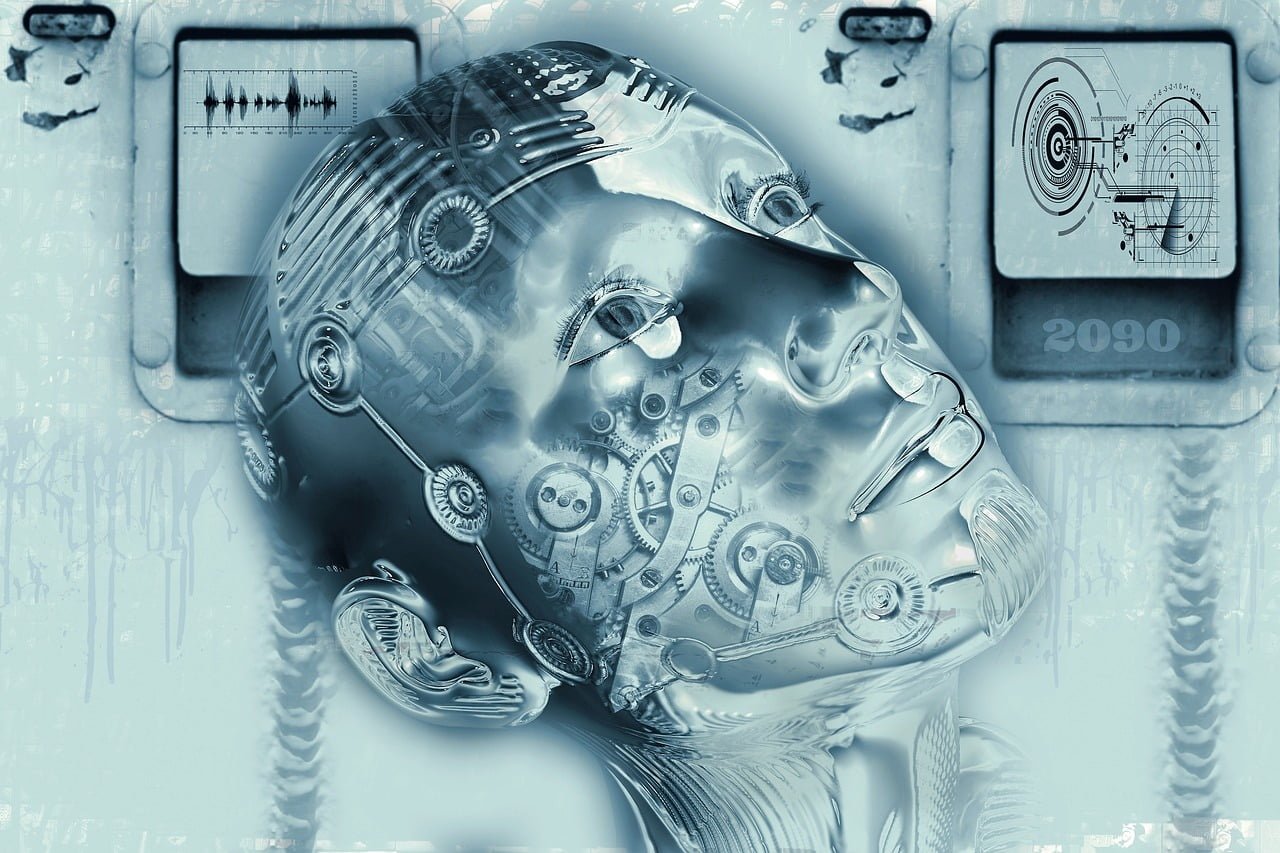Artificial Intelligence (AI) has revolutionized various sectors, and programming is no exception. From enhancing productivity to enabling more sophisticated problem-solving capabilities, AI is transforming how we approach software development. This article explores the impact of AI on programming, the tools and techniques it offers, and the future it envisions for developers.
Artificial Intelligence-Powered Development Tools
One of the most significant ways AI is influencing programming is through AI-powered development tools. Integrated Development Environments (IDEs) and code editors now come equipped with AI-driven features that assist developers in writing, debugging, and optimizing code.
- Code Completion and Suggestion: Tools like GitHub Copilot and Kite use AI to predict and suggest the next line of code as you type. These tools analyze vast amounts of code from various repositories to provide contextually relevant suggestions, reducing the time developers spend on writing boilerplate code and allowing them to focus on more complex tasks.
- Debugging and Error Detection: AI can also help identify and fix bugs. By analyzing patterns in code, AI-driven tools can predict where errors are likely to occur and suggest fixes. For instance, DeepCode uses machine learning to understand code semantics and offer precise bug fixes and improvements.
- Automated Code Reviews: AI systems like CodeGuru by Amazon and Codacy automate code review processes. These tools not only identify potential issues but also suggest best practices and improvements, ensuring that the code adheres to high standards and is free of common pitfalls.
Enhancing Software Development with Machine Learning
Machine Learning (ML), a subset of AI, plays a crucial role in software development by enabling applications to learn from data and improve over time without being explicitly programmed. ML models can be integrated into software to provide predictive analytics, natural language processing, and more.
- Predictive Analytics: In fields like finance, healthcare, and marketing, predictive analytics powered by ML can provide insights that drive decision-making. By analyzing historical data, ML models can forecast trends and behaviors, allowing businesses to plan strategically.
- Natural Language Processing (NLP): NLP enables machines to understand and interact using human language. Applications such as chatbots, virtual assistants, and language translation services rely on NLP to provide user-friendly and efficient interactions.
- Automated Testing: ML can also enhance automated testing. Tools like Testim leverage AI to create and maintain test cases, adapt to changes in the application, and ensure robust testing processes with minimal human intervention.
Artificial Intelligence in Algorithm Optimization
AI has also opened new avenues in algorithm design and optimization. Genetic algorithms, neural networks, and other AI techniques can be used to develop more efficient algorithms.
- Genetic Algorithms: Inspired by natural selection, genetic algorithms use AI to evolve solutions to optimization and search problems. They are particularly useful in scenarios where traditional methods fall short, such as complex optimization problems in logistics and resource management.
- Neural Networks: Neural networks, especially deep learning models, excel in tasks involving pattern recognition, image and speech processing, and more. By training on vast datasets, these models can achieve high accuracy and performance, making them indispensable in modern applications.
- Reinforcement Learning: This AI technique allows systems to learn by interacting with their environment. It is particularly effective in developing autonomous systems, such as self-driving cars and advanced game-playing AI, where the system continuously learns and improves from its experiences.
The Future of Programming with Artificial Intelligence
As AI continues to evolve, its impact on programming will only grow. The future promises more advanced AI-driven tools and techniques that will further streamline the development process and enable the creation of even more sophisticated applications.
- Artificial Intelligence–Generated Code: We are moving towards an era where Artificial Intelligence could autonomously generate code based on high-level specifications. This would democratize programming, allowing even those without extensive coding knowledge to develop software solutions.
- Intelligent Assistants: Future development environments might feature highly intelligent assistants that understand the context of the project, make real-time suggestions, and even handle complex tasks autonomously, significantly boosting productivity.
- Ethical and Responsible Artificial Intelligence: As AI’s role in programming grows, so does the importance of ethical considerations. Ensuring that Artificial Intelligence systems are developed and used responsibly, with fairness, transparency, and accountability, will be crucial.
In conclusion, AI is not just a tool for programming; it is a transformative force that is reshaping the entire landscape of software development. By embracing AI, developers can enhance their capabilities, innovate faster, and build the next generation of intelligent applications. The journey of programming with Artificial Intelligence has just begun, and the possibilities are boundless.


 Watch
Watch
 CASUAL WEAR
CASUAL WEAR











